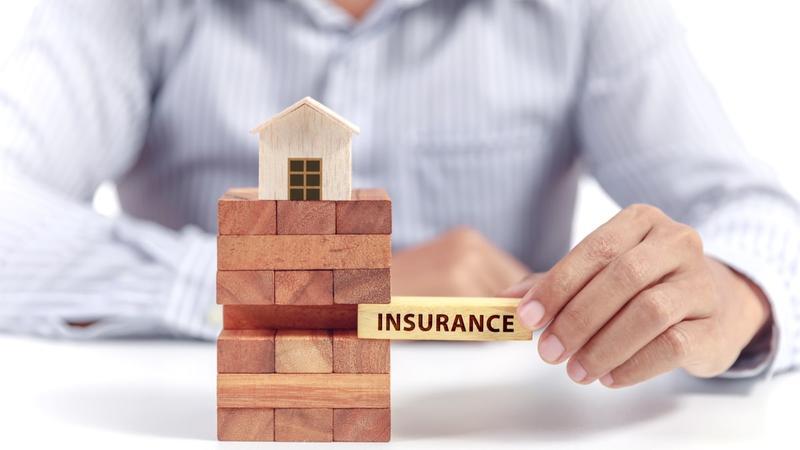Buying your first home is a big decision and typically one of the largest investments you will make. When you decide to buy, you also need to secure home insurance. Not only does home insurance protect you from financial liability should something happen to your home, property, or contents, it's necessary to secure a mortgage. Your home insurance policy gives your mortgage provider the protection they need against risks to your property that could compromise its value. You may be tempted to sign up for the first policy that you're quoted, but just like car insurance, it's important to ensure that you are getting the right coverage for you, your family and your possessions at a reasonable price.
All Perils vs. Named Perils
This is a significant portion of your policy - and you should be particularly careful when you're reviewing the details of it. If you choose a named perils policy and your home or property is struck by a calamity that is not on the list, you will find yourself without coverage. You may feel safer with an all perils policy, but be aware that all perils does not necessarily mean "all" perils. There is usually a list of exclusions, so check them carefully to ensure that your home and its contents are covered.
On the other hand, named perils coverage provides a list of perils that are covered, and you aren't protected against any incidents that are not on the list. This type of policy lets you pick and choose the types of disasters that you want covered: earthquake, fire, flood, hurricane, etc. Usually named perils policies are less expensive, but you want to be careful that you include any disasters likely to occur - as some events are easily overlooked and if excluded could be very costly.
Contents Insurance
The second part of your policy covers the contents of your home: the personal belongings that make up your life. Usually there are two types of coverage - market value replacement, or actual replacement cost. You will pay more in premiums for an actual replacement cost policy, but if you have a lot of high end electronics or other property which depreciates in value very quickly, actual replacement cost coverage may be a good idea to ensure that you can afford to replace your items in the event of damage. Otherwise, you'll only receive the depreciated value for your possessions, and on quickly depreciating items, that could leave you short.
This portion of your coverage comes with a deductible - and a lower deductible will result in higher premiums. To lower your premiums but maintain your coverage, you can raise your deductible. Check your coverage limitations, for example, $5,000 in coverage is standard for jewellery or antiques, so you can be confident that your contents are covered.
Loss of Use
This section of your policy covers you when you suffer damage or loss as a result of an insured peril and you are unable remain in the home while your claim is processed and your home repaired. This provides emergency funds for housing, clothing, food, and other basic necessities to reimburse you for your living expenses (usually to a maximum time frame or monetary amount) while you are displaced from your home.
Additional Riders
If you have property that exceeds the coverage amounts stated in your policy, you can request an additional rider to insure that property at an additional premium cost. For example, if your insurance policy covers $5,000 worth of jewellery, and you have jewellery valued at $10,000 in your home, your provider will not be liable for damage or theft exceeding the stated $5,000 coverage amount in the policy. Increasing your coverage by adding a rider will protect you for the full amount of your valuables.
Tips to Save On Insurance
When you are choosing a home insurance policy it pays to shop around. If you already have insurance for your vehicle, you should contact your current insurer for a quote on your home as well. You'll likely find that you are eligible for a multi-product discount on both policies! But don't stop there. Check for cheap home insurance quotes online, and you might be able to find an even less expensive premium. Just be sure to check over your policies to ensure that you're comparing the same levels of coverage.
Raising your deductible can help you save on your premiums without sacrificing your coverage levels, but you have to be prepared that in the event of a disaster, you'll pay more upfront when you file your claim. Investing in some security equipment - like a monitored alarm system or installing window security bars on basement window can not only keep you safer, but, as an added bonus, can lower your premiums - so make sure you inform your home insurance provider.
